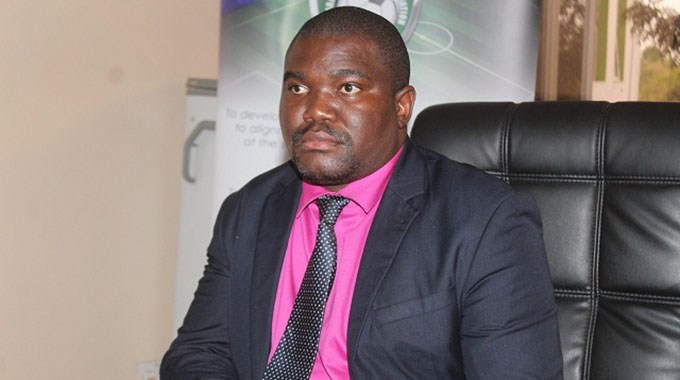Government takes measures to manage parastatal debt

Sikhulekelani Moyo, Business Reporter
THERE will be no new debt assumption for State Owned Enterprises (SOEs) unless they produce bankable strategic turnaround plans, Finance and Economic Development Deputy Minister Clemence Chiduwa has said.
Deputy Minister Chiduwa said the Government has put in place measures towards managing parastatal debt, bringing sanity and improving performance as the country continuously strives to service its external and internal debt.
There has been concern over the performance of several parastatals which are said to be having a minimal contribution to the growth of the country’s gross domestic product (GDP).
In response to the concern raised by the civic society last week, Deputy Minister Chiduwa said SOEs need to produce bankable strategic turnaround plans.
“The Government can only support parastatals if they have got a clear strategic plan and a clear path in terms of how they are going to use their resources,” said Deputy Minister Chiduwa at the just-ended 4th Zimbabwe Annual Multi-Stakeholder Debt Conference in Bulawayo hosted by the African Forum and Network on Debt and Development (AFRODAD) and Zimbabwe Coalition on Debt and Development (ZIMCODD).
“We are also not providing 100 percent guarantees now, we are providing partial guarantees, so what we are saying here is parastatals should be able to make their revenue and not have to re-cost to the central Government.”
He indicated that the Government has commercialised some parastatals but stressed that not all State-owned entities are profit-oriented as some of them are there to provide a service.
“Going forward, we are not going to support non-performing and underperforming parastatals. This is going to assist us in managing parastatal debt,” he said.
The Government has acknowledged the country is grappling with an unsustainable debt burden which is estimated at US$16,7 billion, which is 61,6 percent of the Gross Domestic Product (GDP), as at end of June 2022.
Of this total debt, according to Treasury, public and publicly guaranteed (PPG) debt, US$13,2 billion is external debt while US$3,5 billion is domestic debt.
Of concern is the accumulation of external debt payment arrears and penalties for the past two decades, which are now estimated at US$6,6 billion, as of the end of June 2022.
The existence of external debt payment arrears and penalties remains an albatross to the achievement of the National Development Strategy objectives and the attainment of Vision 2030, of a prosperous and empowered upper middle-income economy status, as access to external financing to fund national projects and programmes, remains limited due to the arrears situation.
Deputy Minister Chiduwa said going forward, to reduce debt vulnerabilities, Government will maintain and pursue key policies such as no recourse to central bank financing, prioritise concessional financing, limiting non-concessional financing to economically viable projects, issuance of partial Government guarantees, prescribing and adherence to annual borrowing plans and limits among others.
In an interview on the sidelines of the conference, Public Policy and Research Institute of Zimbabwe director Dr Gorden Moyo said parastatals are supposed to contribute at least 40 percent of the GDP but SOEs have contributed much to the increase of unsustainable debt in the country.
“The inter-parastatal debt is a big problem, which makes parastatals fail to provide goods and services that they were established to provide.”
Dr Moyo said there is a need for those who manage parastatals to understand the importance of the state-owned enterprises to the economy. — @SikhulekelaniM1











Comments